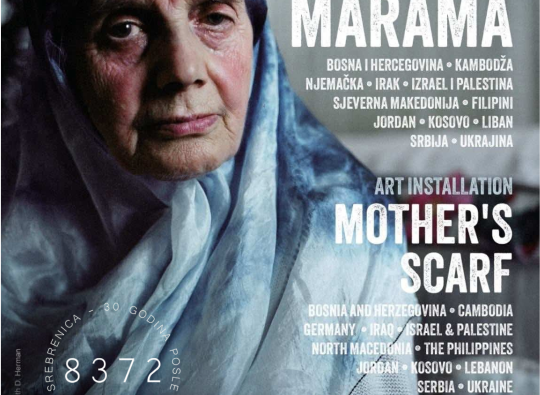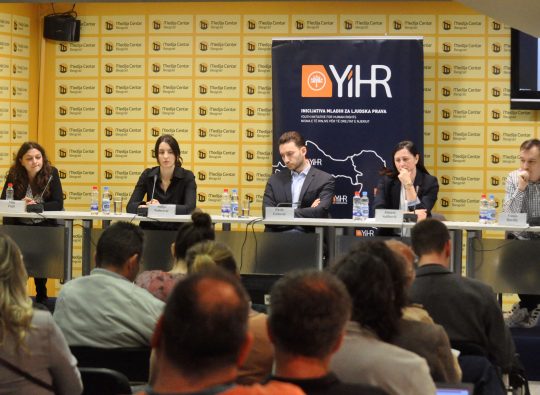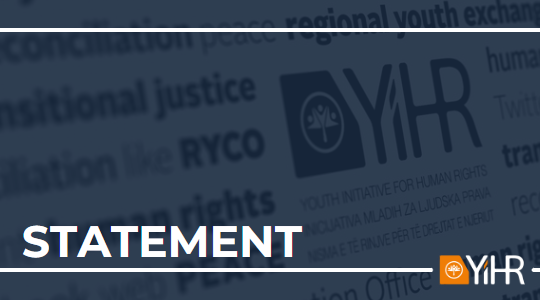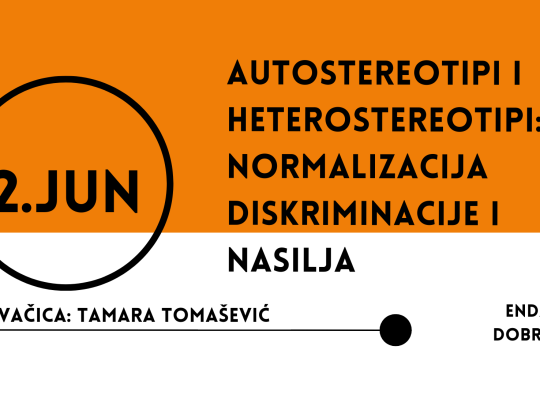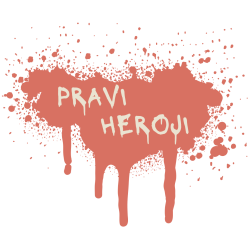In addition to presenting transcripts and audio recordings of the intercepted conversations, a part of Nemanja Stjepanović’s lecture addressed the preceding events, but also those that occurred after July 11, 1995, first and foremost in order to obtain a broader picture of the genocide that was committed then.
The intercepted conversations of the highest military and political officials of the Republika Srpska presented at the lecture were used in trials before the International Criminal Tribunal for the Former Yugoslavia and their authenticity was examined thoroughly. It was also determined during the trials that these conversations were linked with other evidence pertaining to the cases. Out of plenty of intercepted conversations, a total of 213 conversations were accepted as credible evidence.
The participants also had the opportunity to see the original transcripts of intercepted conversations about the procurement of vehicles used for transporting prisoners, women and children, the procurement of soldiers to perform the executions, as well as the very executions in and around Srebrenica from July 11 to July 17, 1995. These transcripts can be seen on the website of ICTY archive.
Nemanja Stjepanović also reminded the participants that a part of the conversations dated back to 1993, and that these conversations were mainly about humanitarian aid coming to the Srebrenica enclave at that time.
Opening the lecture, Fiona Jelići of the Youth Initiative for Human Rights warned that the commemoration of the anniversary of the Srebrenica genocide is of utmost importance, but it is also important to talk about this topic on other days, too, and not only on July 11.
Let us remind you, Nemanja Stjepanović is a journalist from Belgrade with many years of experience in the area of human rights in local and international organisations. Currently, he is working as a researcher at The Mechanism Information Programme for Affected Communities of the International Residual Mechanism for Criminal Tribunals in The Hague. He was previously a reporter from The Hague Tribunal for a long time, working for the Sense Agency. After that, he worked for the Humanitarian Law Centre, first as a researcher and then as a PR manager. His articles have been published by the media in all countries in the region. He is the author or co-author of numerous publications in the area of human rights violations and media content analysis.
Online lecture by Nemanja Stjepanović was organised by the Youth Initiative for Human Rights in cooperation with forumFD Serbia and the Independent Journalists’ Association of Vojvodina.
This lecture is part of the project ” Advocacy, Artivism and Education to End Genocide Denial and Strengthen Reconciliation Process” which is supported by the Ministry of Foreign Affairs of the Federal Republic of Germany. Germany supports efforts to establish a participatory culture of remembrance, regional cooperation, and reconciliation in the Western Balkans.

